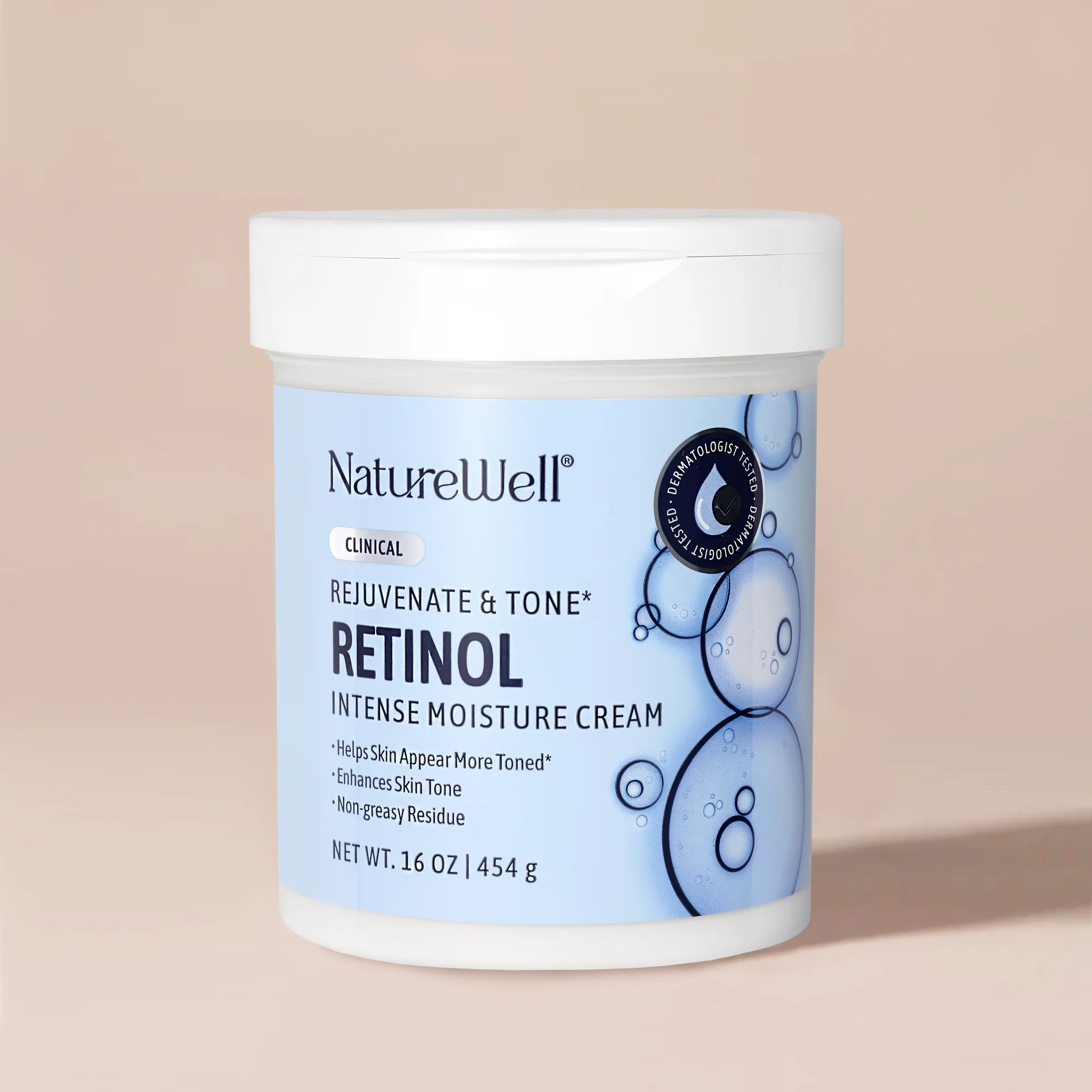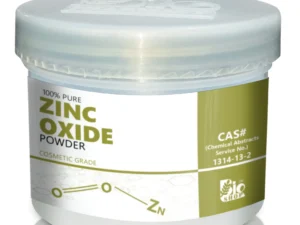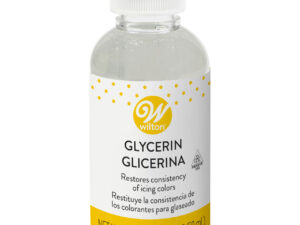Description
Retinol: Your Guide to the Gold Standard of Anti-Aging Skincare
Retinol. The word itself conjures images of glowing, youthful skin. And for good reason. This vitamin A derivative is widely considered the gold standard in anti-aging skincare, backed by decades of research and a loyal following. But with so many retinol products on the market, navigating the world of retinol can be overwhelming. This guide will demystify retinol, covering its benefits, how to use it, and what to expect.
What is Retinol?
Retinol belongs to a family of compounds called retinoids, all derived from vitamin A. It works by:
- Boosting Cell Turnover: Retinol accelerates the natural shedding of dead skin cells, revealing fresher, smoother skin underneath.
- Stimulating Collagen Production: Collagen is the protein responsible for skin elasticity and firmness. Retinol helps stimulate its production, reducing the appearance of wrinkles and fine lines.
- Improving Skin Texture and Tone: By promoting cell turnover and collagen production, retinol helps refine skin texture, minimize pores, and even out skin tone.
- Fighting Acne: Retinol can help unclog pores and reduce inflammation, making it a valuable tool for managing acne.
The Benefits of Using Retinol:
The potential benefits of incorporating retinol into your skincare routine are numerous:
- Reduced Wrinkles and Fine Lines: This is perhaps the most well-known benefit. Retinol visibly softens the appearance of wrinkles and fine lines, giving the skin a smoother, more youthful appearance.
- Improved Skin Texture: Say goodbye to rough patches and unevenness. Retinol helps to smooth skin texture, leaving it feeling soft and supple.
- Minimized Pores: Enlarged pores can be a cosmetic concern. Retinol helps keep pores clear and minimized, improving the overall appearance of the skin.
- Evened Skin Tone: Hyperpigmentation, sun spots, and acne scars can contribute to uneven skin tone. Retinol helps to fade these imperfections, revealing a more radiant complexion.
- Acne Control: Retinol can help prevent and treat acne by unclogging pores and reducing inflammation.
How to Use Retinol Effectively:
Introducing retinol to your routine requires patience and a gentle approach. Here’s a step-by-step guide:
- Start Low and Slow: Begin with a low concentration retinol product (0.01% to 0.03%) and use it only once or twice a week.
- Apply at Night: Retinol can make your skin more sensitive to the sun, so it’s best applied at night after cleansing and toning.
- Use a Pea-Sized Amount: A small amount is sufficient to cover your entire face. Avoid the delicate skin around your eyes and mouth unless the product is specifically formulated for those areas.
- Follow with a Moisturizer: Retinol can be drying, so it’s crucial to follow up with a hydrating moisturizer to help keep your skin balanced.
- Gradually Increase Frequency: As your skin becomes accustomed to retinol, you can gradually increase the frequency of application to every other night, and eventually nightly, if tolerated.
- Sun Protection is Essential: Retinol makes your skin more sensitive to the sun, so daily use of a broad-spectrum sunscreen with an SPF of 30 or higher is non-negotiable.
What to Expect:
It’s important to be aware of the potential side effects of retinol, especially when starting out. Common side effects include:
- Dryness: Retinol can initially cause dryness and flaking.
- Redness: Mild redness is another common side effect.
- Peeling: As your skin adjusts to retinol, you may experience some peeling.
- Sensitivity: Your skin may be more sensitive to the sun and other skincare products.
These side effects are usually temporary and should subside as your skin adjusts. If irritation is severe or persistent, discontinue use and consult a dermatologist.
Choosing the Right Retinol Product:
With so many retinol products available, choosing the right one can be challenging. Consider the following factors:
- Concentration: Start with a low concentration and gradually increase as needed.
- Formulation: Retinol comes in various formulations, including serums, creams, and lotions. Choose a formulation that suits your skin type.
- Ingredients: Look for products that contain hydrating and soothing ingredients to help minimize irritation.
- Reviews: Read reviews from other users to get an idea of their experiences with the product.
- Consult a Dermatologist: If you have sensitive skin or are unsure where to start, consult a dermatologist for personalized recommendations.
Who Shouldn’t Use Retinol?
While retinol offers many benefits, it’s not suitable for everyone. Avoid retinol if you are:
- Pregnant or Breastfeeding: Retinoids can be harmful to a developing fetus.
- Have Extremely Sensitive Skin: Retinol can be too irritating for very sensitive skin.
- Using Other Exfoliating Products: Combining retinol with other exfoliating products like AHAs or BHAs can increase the risk of irritation.
Final Thoughts:
Retinol is a powerful ingredient that can significantly improve the appearance of your skin. By understanding its benefits, how to use it effectively, and what to expect, you can unlock the potential for a smoother, more youthful complexion. Remember to start low and slow, be patient, and prioritize sun protection. With consistent use and the right approach, retinol can be a valuable addition to your skincare routine.












Reviews
There are no reviews yet.